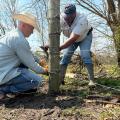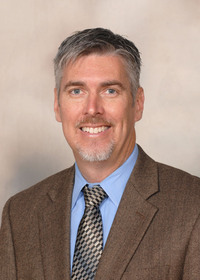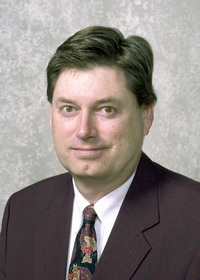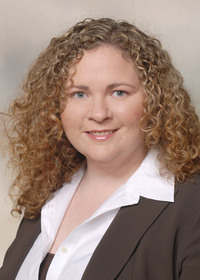Management tips for hurricane-damaged corn fields
Begin harvesting as quickly as possible. Harvest progress of lodged corn may be up to five times slower than normal. Therefore, growers should aggressively harvest as much mature corn as possible prior to a storm, despite high moisture content. Growers should take this action because the likelihood of grain quality deterioration and harvest losses are much higher due when exposed to catastrophic storms. Field drying rates of corn grain in severely lodged fields will be reduced, compared to normal (0.6% moisture per day), because aeration is reduced. Furthermore, as average daily temperatures begin to drop during the fall, field drying will inherently subside.
Operators must slow combine speed to a crawl in order to pick up and feed the tangled fallen corn stalks into the machine. Combine harvest is generally more efficient when traveling opposite the predominant direction the corn stalks are laying. For example, if the stalks are lying towards the west, drive the combine in the east direction. Soybean platform headers may actually work more efficiently than corn heads on nearly flattened corn (less than six inches above ground level).
Storm damage may also promote wered growth in unharvested corn fields. Thus, pre-harvest herbicide application may be necessary to kill morningglories or other weed species, which could hamper harvest considerably. Please consult our MSU Extension Row Crop Weed Science Specialist for specfiic recommendations.
Several types of aftermarket attachments to assist corn headers gather fallen corn are manufactured. These devices are designed to help pull lodged stalks along the snout into the feeder mechanism.
Publications
News
EGYPT, Miss. -- On hot days, Robert Thompson’s beef cows used to retreat to a cluster of trees in the middle of his pasture for shade.
STARKVILLE, Miss. -- After natural disasters, food and shelter are prioritized well above mental health, but ignoring emotional distress can lead to serious physical health conditions.
STARKVILLE, Miss. -- A Mississippi State University Extension program coordinator will serve as chair of the Extension Disaster Education Network, EDEN, for a two-year term.







